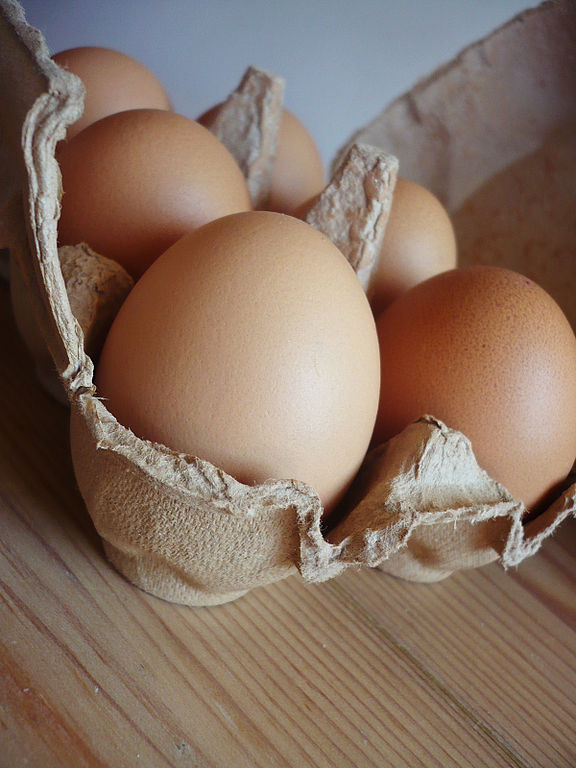Have you ever walked into an eco-friendly local designer type of store, only to walk out again after your jaw dropped open at the prices?
I have walked out of many places thinking “I want to support these guys, but I just don’t have that kind of cash.”
There are reasons why many sustainable/ethically produced products seem expensive. Industrial capitalism is built on economies of scale which is something that—traditionally, at least—does not factor in the true costs of products. So the prices that we see do not generally factor in a whole host of negative externalities (for instance, environmental devastation) associated with the product or service.
Many companies today claim to be going “green” in one way or another, which is no doubt a step in the right direction. But it’s worth noting that places like Walmart like to throw around the term “sustainability” and are explicitly incorporating the term into their business plans. For such big corporations, I’m going to bet that this focus on sustainability is quite narrow—that is, it’s a focus on the bottom line rather than incorporating the multi-faceted nature of sustainability which, in its true form, includes three key aspects:
- Economic costs
- Social costs
- Environmental costs
Here are the elements of a product life cycle that a business has to consider during production, manufacturing, transport and disposal:

All in all, this is a lot of opportunity for waste!
This diagram only takes into account the physical production process. But if we are being truly ethical about our production and consumption, we also need to factor in social sustainability. When producing at economies of scale in a free trade market, many times it just won’t make economic sense to produce in a place where workers get paid $15/hour when a manufacturer could just as easily set up shop in a location that pays workers $5/hour.
Globally, competition can be fierce. So how is a small business—let’s take clothing, for instance—supposed to even get off of the ground when there is similar product readily available to (let’s just say American) consumers for half the price?
This is a big and complicated topic, so for the sake of argument, let’s use a super simple and mostly familiar product as an example: eggs. They are a staple for me as they are “cheap,” nutritious, natural and easy to cook. I could (do) eat them every day. But our industrial agriculture system has also developed alongside the capitalist imperative of efficiency, so that the output (eggs/unit) is far greater in standard large scale production versus the input (labour, feed costs, etc.)
There are a million things to discuss regarding this seemingly simple food source—but what it boils down to is this: when we pay $2.99 for a dozen regular eggs, that money that you think you are “saving” is represented by (and also representing) the efficiency with which the eggs are being produced: Large scale, high-control environments which create a huge amount of pollution, not to mention facilities that are designed to treat animals as products.
Beyond the horrible way that the chickens are treated, that money we are “saving” is going into the environment via runoff, land encroachment, and many other forms of pollution.
Most of the people who have bothered to read this far are probably aware of the horrors of factory farming, but I like using the example of eggs as a microcosm for the hidden costs of all large-scale industrial production, because every time I go to the store, I actually do choose the free range. I think it’s a product that’s easy to understand and easy to purchase ethically since the option to buy free-range exists in most stores and since it’s something that is still relatively affordable.
But here’s the thing: despite the fact that—for about 20 years now—I have understood the full impacts of why it’s important to buy free-range (local) eggs, I still find it tough to choose the $5.99 eggs over the $2.99 eggs because the cost that we see in the number is so deeply engrained as what is supposed to be the most important thing.
Per unit, $5.99 is actually fairly affordable given how nutritious and versatile something like an egg actually is, we are just so used to the eggs being in the $2.99 range that it seems absurd to pay $5.99.
(If you are interested in reading more on egg-production specifically, according to this awesome WIRED article, the surge in demand for cage-free eggs presents a daunting and complex task for would-be cage-free producers.)
Generally, growing up in the industrial capitalist world, we are trained to see the number rather than consider true social and environmental costs involved in production and transport. This type of thinking represents the typical capitalist consumer mentality, which is an extension of the typical capitalist producer mentality.
When we choose the super cheap, mass-produced option, we send a message that it is okay to keep producing x product in an unsustainable way.
We won’t always know concrete details, but by being curious and asking questions, and doing a bit of research, it’s not too hard to get a good idea of the true costs of a product and search for more sustainable options.
If we value a more sustainable future, we should consider questions such as the following as we shop for our day-to-day necessities (and everything else):
Who is actually producing/manufacturing/growing this product?
Where is it coming from?
What is the product life cycle?
What scale is it being produced on?
Who is selling it to you right now, and are they available and knowledgeable enough to answer these questions completely and honestly?
Why might it cost what it costs?
Where is the money that I’m spending actually going?
How can we redefine “cheap” and “expensive” for ourselves, in terms of what we value in the longer term?
~
Relephant Reads:
Why Bananas are Dead to Me. (Gasp!)
6 Things You Didn’t Know About Fast Fashion.
5 Ways to Boycott Factory-Farmed Products.
Greenwashing vs. Fair-trade vs. Direct Trade Coffee.
Beyond the Bottle: The True Cost of Paying for Water.
The One Percent Awakens—A View of our World if the Wealthiest Ones Woke Up.
Author: Renée Picard
Images: Wiki Commons / Wiki Commons









Read 0 comments and reply